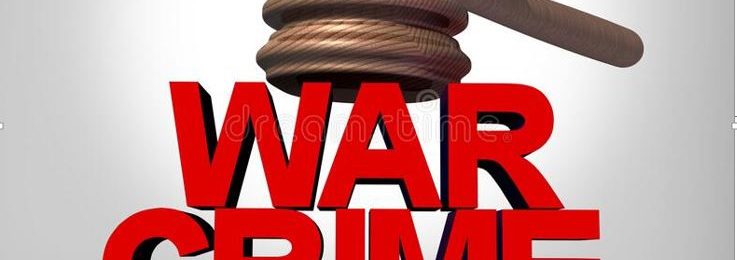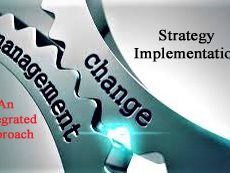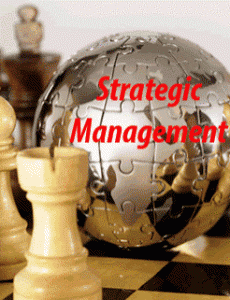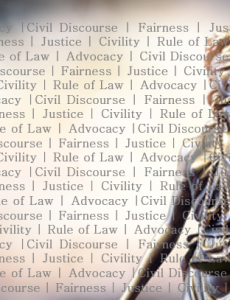
A Toxic Brew: The Politicization of the Rule of Law and Judicial Independence
Judicial independence is a bedrock principle of the rule of law. Why? Because an independent judiciary is the key to upholding the rule of law in a free society, maintaining public confidence in the justice system, and is critical to promoting a peaceful and inclusive society. Few principles are more important than the rule of…













